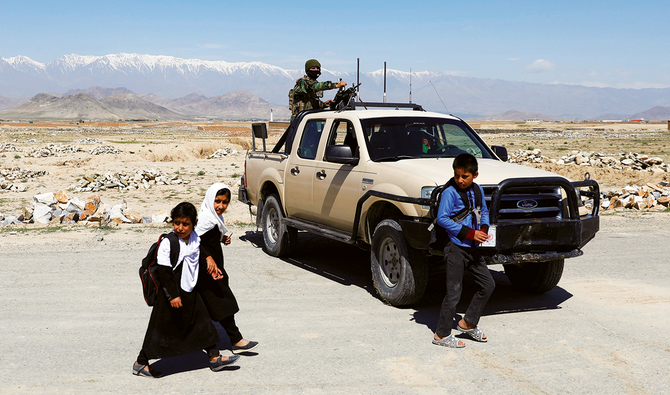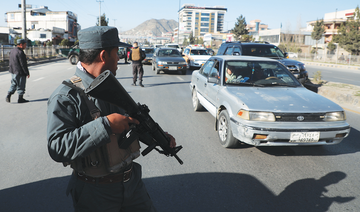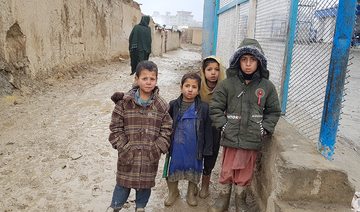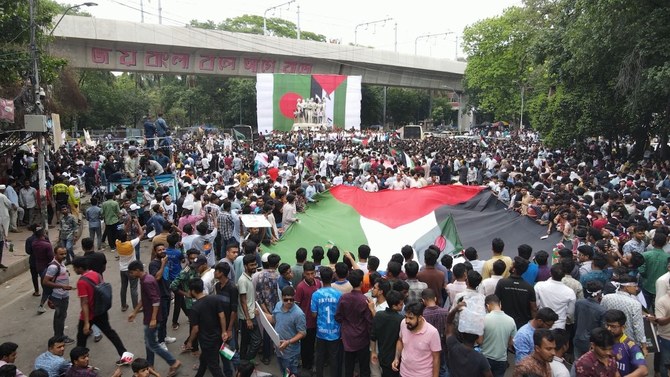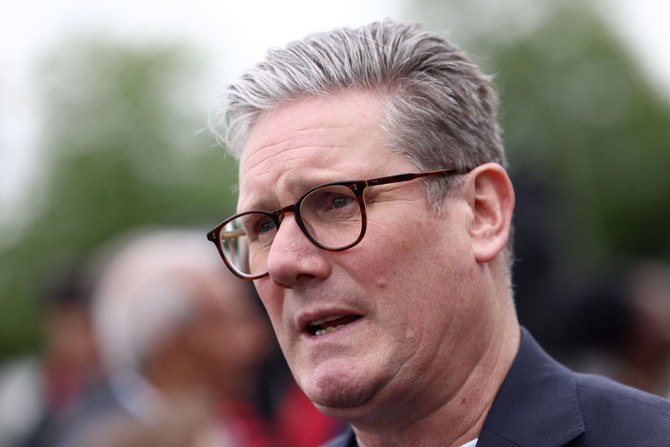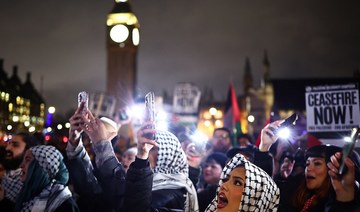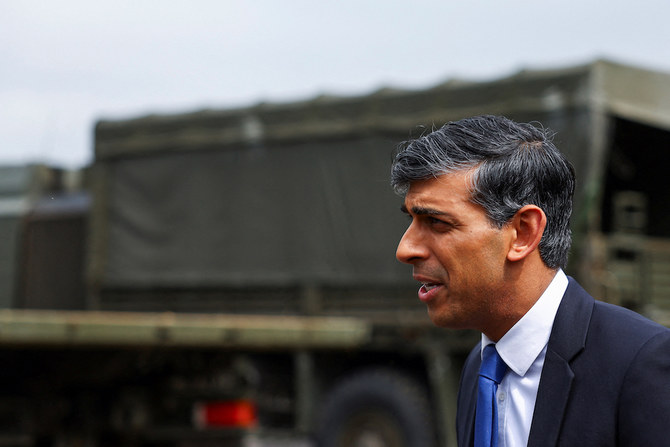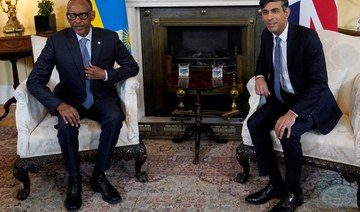KABUL: Afghan teenager Habibullah finally stopped counting on his fingers at 27 – the number of his close relatives killed during four decades of conflict in the country.
“That’s how many I can recall. I may have forgotten two or three, but can you imagine losing at least 27 family members and relatives in the war? And I am not alone; there are some who have lost many more relatives,” he told Arab News.
Similar to many Afghans, the 19-year-old, who makes a living selling fruit and vegetables in the capital Kabul, has never witnessed peaceful times. And his family mourns its losses with numerous others.
According to UN Assistance Mission in Afghanistan data, nearly 111,000 civilians have been killed or injured in the country’s prolonged conflict, and that figure is only since it began systematically recording civilian casualties in 2009.
Habibullah’s family victims of war include his sister, two brothers, an uncle, and his grandfather, all dying in aerial or suicide attacks.
Channeling arms and resources to their proxies, both Russia and the US have led separate invasions of Afghanistan, with Washington’s presence surpassing 19 years in one of the world’s most protracted and complicated theaters of war.
Habibullah, who fled drought in his village in the northern Samangan province to work in Kabul, was counting his losses a day after Turkey postponed a crucial meeting on the Afghan peace process to mid-May, without explaining the reasons why.
Many civilians in Afghanistan have viewed the peace talks as possibly the last international push in the reconciliation process. The planned April 22 Istanbul meet was part of Washington’s efforts to prevent a total collapse of the US-sponsored intra-Afghan talks which began in Doha, Qatar, between the Taliban and Afghan government delegates in September last year but have failed to make progress.
Last week, the Taliban said they would be boycotting Wednesday’s meeting and future conferences on Afghan peace until all American-led foreign troops withdrew from Afghanistan.
The group’s move followed an announcement by US President Joe Biden delaying the deadline for the total military pullout from May 1 to Sept. 11 – a key condition and basis for a historic agreement inked between former American President Donald Trump’s administration and the Taliban more than a year ago. The Taliban halted attacks on foreign troops as per the accord but have accused Washington of breaching the crucial part of the deal.
Ordinary Afghans now fear that the war could escalate if Kabul and the Taliban fail to reach a consensus on the country’s future during the Turkey meeting.
“The survivors of war, ordinary Afghans want peace. Our leaders, on all sides, need to sacrifice their demands for the sake of poor people like us,” Habibullah said.
The meeting, already delayed once, had sought to facilitate a future political roadmap for Afghanistan, including the formation of an interim government that would also include the Taliban and end Afghan President Ashraf Ghani’s second term in office, which is set to expire in 2024.
Ali Reza, a 46-year-old bus conductor, said Biden’s move to extend US troops’ presence in the country showed “that America has no good intention to end the war in Afghanistan and must be held responsible.”
He told Arab News: “The Taliban want total power, Ghani does not want to leave power, and America makes excuses one after the other for its goals. We, the ordinary people, are stuck in the middle and make sacrifices every day.”
Reza added that similar to other Afghans, his demand for peace was “from our leaders, not America because it is an invader,” and he urged Kabul not to miss the opportunity for peace “and make good use of Turkey’s conference for the survival of Afghanistan.”
Bibi Raihana, 53, who works at a private factory in Kabul, said that the Afghan leaders would be “doomed in history” if they failed to settle the country’s problems “through understanding and talks.”
She added: “Afghans have suffered the most in aliens’ wars. When we can make peace with foreigners, why not make it among ourselves? I hope they agree on peace for the sake of God and the poor people of this land.”



